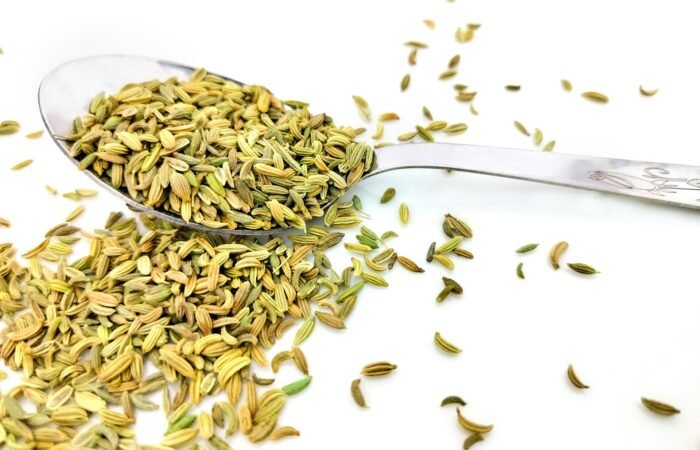
When it comes to managing fatty liver disease, the focus often lands on cutting sugar, controlling fat intake, and adopting a cleaner, more natural diet. But alongside these changes, many people seek out specific liver-friendly foods and beverages that can accelerate recovery. One such popular contender is coconut water—the naturally sweet, electrolyte-rich drink found inside green coconuts.
But let’s address the real question:
Is coconut water good for fatty liver?
Let’s explore what science and traditional wisdom say about this tropical refreshment and its effects on your liver.
First, a Quick Recap: What Is Fatty Liver?
Fatty liver, or hepatic steatosis, is a condition in which fat accumulates in the liver cells. There are two main types:
- Alcoholic Fatty Liver Disease (AFLD) – Caused by excessive alcohol consumption.
- Non-Alcoholic Fatty Liver Disease (NAFLD) – Linked to obesity, poor diet, insulin resistance, and a sedentary lifestyle.
While fatty liver is often silent in its early stages, it can progress to liver inflammation (steatohepatitis), scarring (fibrosis), and eventually cirrhosis if left unchecked. That’s why early intervention—especially through diet—is crucial.
Nutritional Breakdown of Coconut Water
Coconut water isn’t just trendy—it’s packed with health-promoting nutrients:
- Low in calories and fat
- Natural electrolytes like potassium, magnesium, sodium, and calcium
- Cytokinins – Plant hormones that may have antioxidant and anti-aging effects
- Mild natural sugar content – But without added sweeteners
It’s hydrating, soothing to the digestive tract, and completely natural—making it a potentially useful addition to a liver-friendly lifestyle.
Is Coconut Water Good for Fatty Liver? Let’s Dive Into the Benefits
1. Supports Liver Detoxification
Your liver’s job is to filter toxins, metabolize fats, and regulate chemical levels in the blood. Coconut water helps here by promoting hydration and flushing out toxins. Proper hydration is key for optimal liver function, and coconut water offers more than just plain H₂O—it comes with minerals that enhance cellular hydration and organ performance.
2. Rich in Potassium – A Metabolic Ally
Potassium helps regulate fluid balance, nerve signals, and muscle contractions. It also plays a role in reducing blood pressure and controlling blood sugar levels—both of which are vital when addressing the root causes of NAFLD (non-alcoholic fatty liver disease).
Coconut water is a natural, potassium-rich drink, making it a gentle metabolic enhancer that supports the liver indirectly.
3. Anti-Inflammatory and Antioxidant Properties
Fatty liver often leads to oxidative stress and inflammation. Coconut water contains antioxidants, including cytokinins, which help combat free radical damage. This not only protects the liver from further stress but may also help reverse early signs of inflammation.
4. Helps Manage Weight and Cravings
Since coconut water is low in calories and fat, it serves as a healthy alternative to sugary sodas and packaged juices. By replacing high-sugar beverages with coconut water, you reduce fructose intake—a known contributor to liver fat accumulation.
Plus, its slight sweetness can satisfy cravings without derailing your diet, aiding in caloric control and weight loss, two of the most important strategies in managing fatty liver.
5. Balances Blood Sugar Levels
Research suggests that coconut water may help lower blood sugar levels, thanks to its magnesium content, which improves insulin sensitivity. Since insulin resistance is one of the root causes of NAFLD, this makes coconut water a potentially beneficial beverage in your liver recovery plan.
How to Include Coconut Water in a Fatty Liver Diet
Here are a few simple ways to make the most of coconut water:
- Morning hydration: Drink a glass on an empty stomach to kickstart digestion.
- Post-workout refreshment: Replenish lost electrolytes naturally.
- Smoothie base: Use coconut water instead of milk or juice in green smoothies.
- With lemon or mint: Add a splash of lemon juice or fresh mint for added liver benefits.
Pro Tip: Always choose fresh or unsweetened bottled coconut water. Avoid versions with added sugars, flavoring, or preservatives—those can do more harm than good for your liver.
Are There Any Downsides?
While coconut water is generally safe and beneficial, a few caveats exist:
- Moderation is key: Even natural sugars can add up. Stick to 1–2 cups (250–500ml) per day.
- Not a standalone cure: Coconut water is supportive—not a replacement for a healthy diet and medical advice.
- People with kidney issues should consult a doctor before consuming coconut water regularly due to its high potassium content.
Final Verdict: Is Coconut Water Good for Fatty Liver?
Yes—coconut water can be a helpful, hydrating, and nutrient-rich addition to a fatty liver-friendly diet.
Its antioxidants, minerals, and low-calorie profile make it especially useful for hydration, detox support, and inflammation reduction. However, like all natural remedies, it works best as part of a broader lifestyle overhaul that includes whole foods, exercise, and stress reduction.
When consumed mindfully, coconut water supports your liver’s healing process—one refreshing sip at a time.
Summary
- Coconut water supports hydration and detox, aiding liver function.
- It’s rich in potassium, antioxidants, and electrolytes.
- May help manage blood sugar levels, weight, and inflammation.
- Best when consumed fresh and unsweetened, in moderation.
Tags:
Subscribe To Get Update Latest Blog Post
No Credit Card Required









Leave Your Comment: